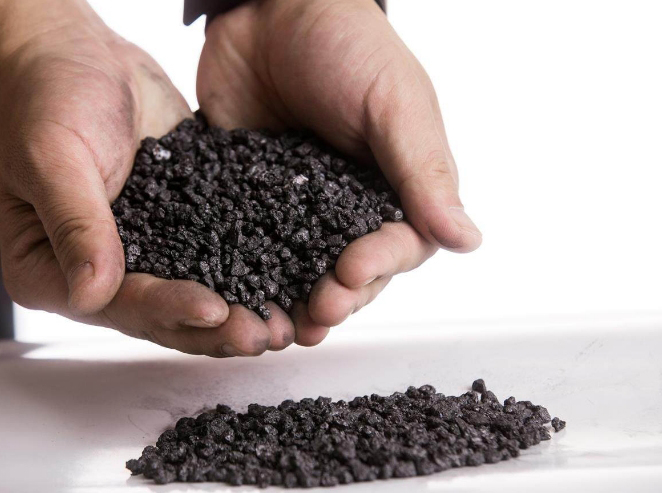
Calcined Petroleum Coke (CPC) is a critical component in various industrial processes, including the production of aluminum, steel, and other metals. It plays a significant role in the global carbon industry, and understanding the dynamics of its demand and supply is essential for businesses and policymakers. In this article, we delve into the intricate web of factors that influence the demand and supply of CPC, examining the global market trends, key drivers, and challenges.
Calcined Petroleum Coke, often referred to as "green coke," is a carbon-rich material derived from the distillation of crude oil. Through a high-temperature calcination process, impurities are removed, and the product becomes suitable for various applications, primarily in the manufacturing and energy sectors.
The demand for Calcined Petroleum Coke has experienced significant growth in recent years, primarily due to its pivotal role in aluminum production and the steel industry. China, the United States, India, and Europe are among the leading consumers of CPC.
The growing automotive and construction industries drive the demand for aluminum, which, in turn, leads to an increased demand for CPC in the aluminum smelting process. China, as the largest producer of aluminum globally, has a significant impact on CPC demand.
Steel manufacturing, essential for infrastructure and manufacturing sectors, relies heavily on CPC in the production of steel electrodes. Emerging economies like India have witnessed rapid urbanization and industrialization, further boosting CPC demand.
Environmental concerns have led to the adoption of cleaner technologies, such as electric arc furnaces, which require CPC in their processes. Stringent emissions regulations have created a shift towards using CPC in more environmentally friendly applications. IV. Factors Influencing Supply:
The availability and quality of raw materials, such as petroleum coke and coal, significantly impact CPC production. Fluctuations in crude oil prices and supply chain disruptions can affect raw material procurement.
The calcination capacity of CPC production facilities affects supply. New investments in CPC plants can influence overall supply. Upgrades in technology can increase the efficiency of production processes.
Geopolitical tensions, trade restrictions, and sanctions on key CPC-producing nations can disrupt the global supply chain. The potential for disruptions in the transportation of CPC can affect the availability of the product.

The CPC market is subject to price fluctuations, influenced by factors such as raw material costs, demand changes, and geopolitical events. Market players must adapt to price volatility through strategic planning and risk management.
Environmental regulations and consumer demand for sustainable products challenge the CPC industry to adopt cleaner technologies and reduce its carbon footprint. The development of greener alternatives may affect the future demand for CPC.
Ensuring a stable supply chain for CPC is crucial for industries that rely on it. This includes diversifying sources and securing transportation routes. Innovations in logistics and transportation can enhance the resilience of the CPC supply chain.
Calcined Petroleum Coke is a vital component in various industrial processes, with its demand and supply intricately linked to the global economy and evolving environmental regulations. Understanding the factors influencing the CPC market is crucial for businesses and policymakers as they navigate the complex dynamics of this essential carbon product. The industry's future will depend on its ability to adapt to changing market conditions, environmental concerns, and geopolitical challenges while ensuring a reliable and sustainable supply.

Write a Message